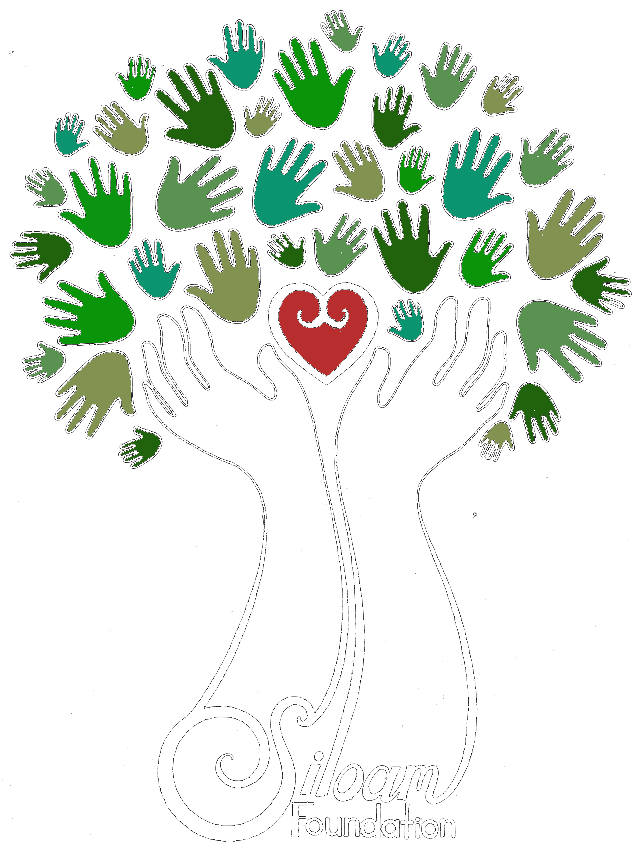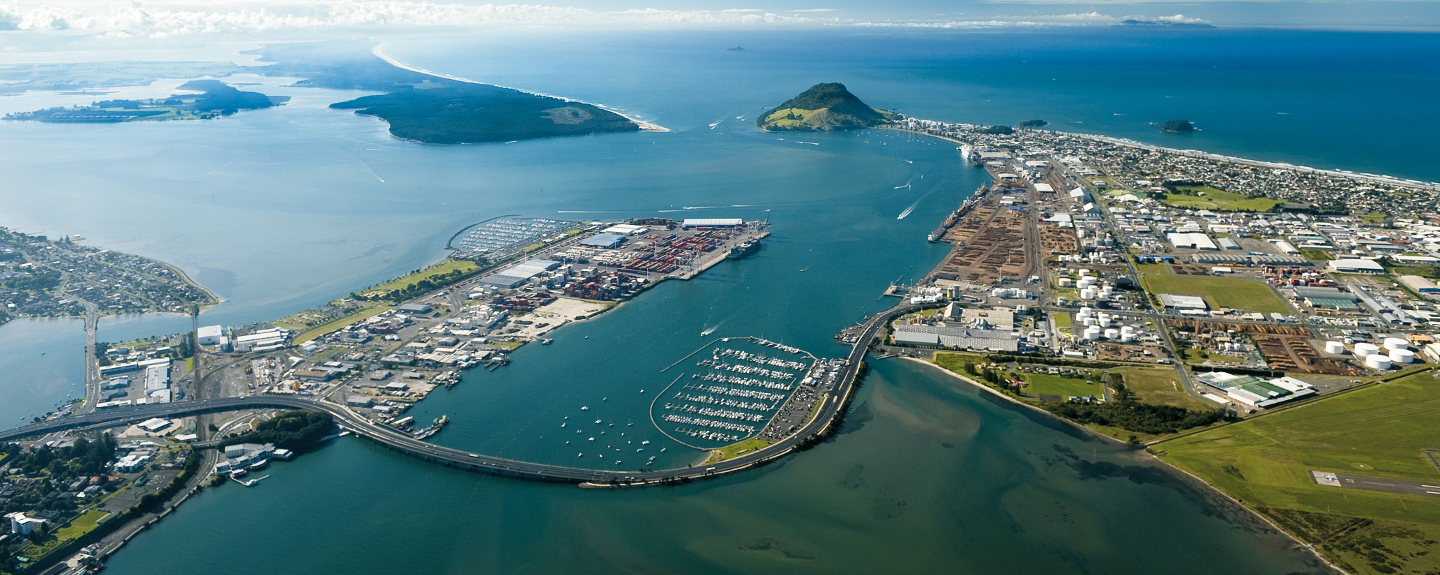became a New Zealand registered charity #53244 in 2016
About Us
Siloam Foundation was formed to establish "safe homes" for tamariki that have been uplifted from their homes. These children need a warm caring home environment to live in while their possibly at risk living situation is assessed and a more permanent living and learning home environment can be found.
The overarching goal for tamariki journeying with Siloam Foundation is that they become COPERS.
COPERS have the following attributes and skills:
C – Connections and Attachment with Others
O – Optimism and a Positive Outlook
P – Play and Recreation
E - Exercise and Aerobic Activity
R – Resiliency and Persistence
S – Stress Reduction
COPERS are able to face stressful situations by swimming with the tide and staying afloat. They do this by COPING with events that overwhelm many others who often experience a significant stress as a traumatic experience with potentially serious and lasting negative impacts.
COPING involves these important characteristics and abilities:
C – Concentration and Focused Attention
O – Optimum Mental Health
P – Perseverance and Problem Solving
I – Involvement in a Social Network
N – Neuro-integration
G – Goal Setting
These twelve traits and skills are foundational to building a life that faces hardships and challenges and becomes stronger because of them.
Our thanks and appreciation for this material to Dave Ziegler Ph.D. and his book “Traumatic Experience and the Brain” (second edition 2011). Used with permission.
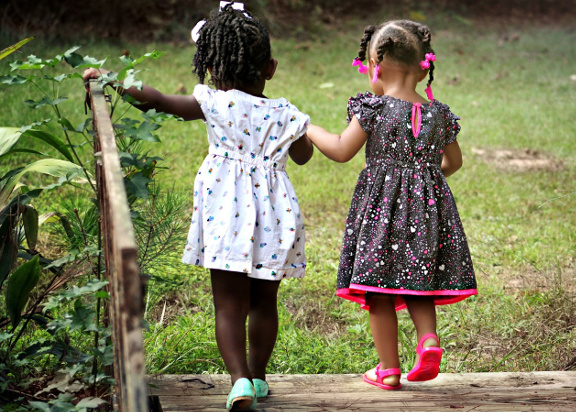
C - Connection and Attachment With Others
Our very first instinct after birth is to attach to our mother. As we mature, our social connections expand to others in the family, neighbours, teachers, peers and the social circle continues to expand outward. Happiness in life and the ability to manage the inevitable problems of living are directly related to the social support we have at every developmental period of life from birth to death.
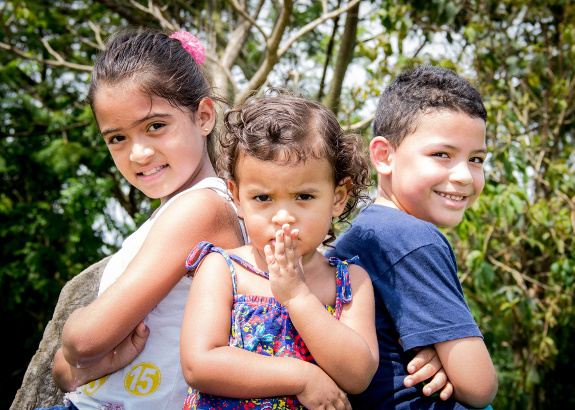
O - Optimism and a Positive Outlook
We live in a world that we perceive and experience. The greatest impact on our experience is whether we have a positive or negative outlook. Our perceptions lead to our emotions and emotions lead to behaviours and all three determine how we experience everything around us. When we view things as good, this has a huge influence on our experience of what happens.
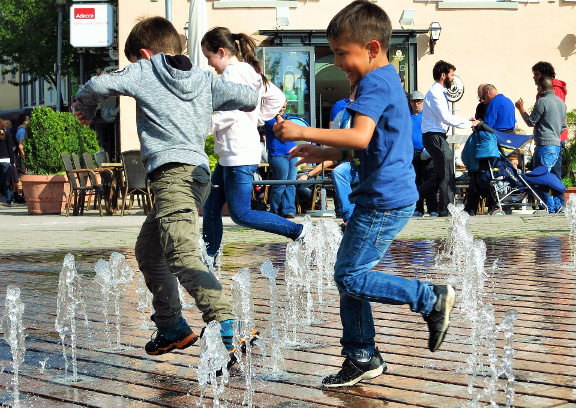
P - Play and Recreation
There is a reason we refer to enjoyable activities as recreation or re-creating ourselves. Play is one of the two primary components of a child's job description (the other is to learn). Play is about interfacing with the natural environment. It is about imagination and possibilities. Play has no purpose, it is a goal unto itself. For children and adults, we rebuild our bodies, our energy level, and our enthusiasm through play.
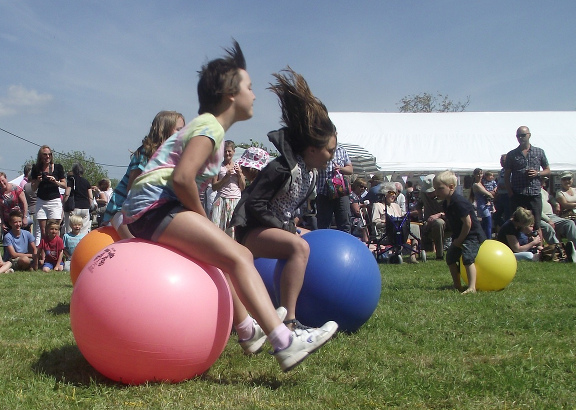
E - Exercise and Aerobic Activity
Exercise is focused play that activates the mind, body and spirit all at once. The best exercise engages all the person, as in aerobic activity that works the muscles, bones, joints, skin, and the body's systems such as respiration and circulation. Aerobic exercise is not just good for staying fit with a well-tuned body, we now know it is a key to brain health. Like a race horse, our bodies are naturally designed to be worked.
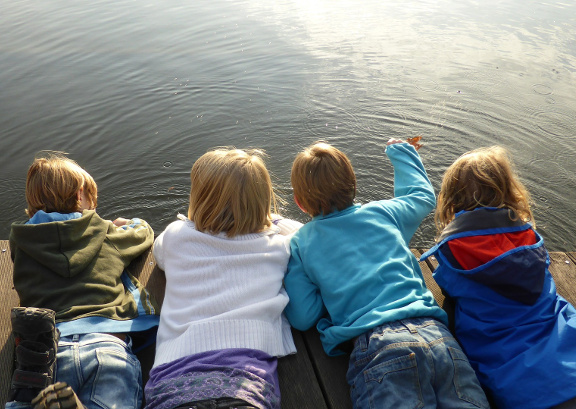
R - Resiliency and Persistence
Resiliency is the ability to bounce back following adversity. Bad things happen in everyone's life, but some individuals can come back strong after a negative experience and others are weakened. The ability to persist in the face of obstacles and difficulties defines the individual who not only can cope with adversity but is strengthened by challenges throughout life.
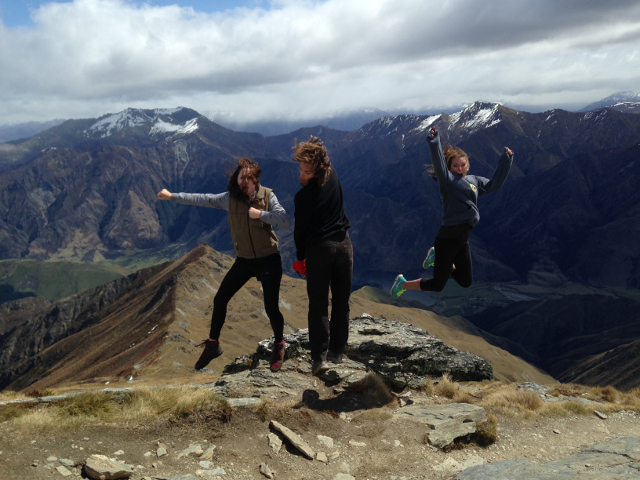
S - Stress Reduction
The human body is preset to respond in significant ways to stress, as well it should. However, chronic stress means chronic activation of the stress response cycle and the result is damage to all aspects of a persons mind, body and spirit. The antidote to stress is relaxation and the ability to turn off the stress response of the body's nervous system and the brain's limbic reactivity. A fulfilling life demands the ability to manage and reduce stress.

C - Concentration and Focused Attention
A healthy brain is important to overall physical health. The brain requires exercise and conditioning to be in optimal shape. Either the brain has internal control or it is at the mercy of external stimuli. Concentration and focused attention is the key to optimizing the ability of the brain to be self-directed and internally managed. Without this critical skill we are unable to put our brain and our mind to the tasks we find important.

O - Optimum Mental Health
We are healthy of mind when we use our innate ability to heal and thrive. The regions of the brain must work together to maintain and manage the body, understand and make effective use of emotions and not be overcome by them, and empower the brain's frontal lobes to use executive functions to perceive and achieve. Optimal brain health requires mental flexibility and maximizing the brain's most specialized and complex abilities.

P - Perseverance and Problem Solviing
When adversity strikes, the first step in a positive response is to weather the storm and address the situation as positively as possible. This requires the ability to accurately perceive the situation and connect problems with potential solutions requiring higher order processing. Once a plan is developed, the most important trait of a health individual is perseverance and sticking to the task at hand.

I - Involvement in a Social Network
Like neurons in the brain, people must be connected to others to survive and thrive. Our social connections are critical to everything we do in life from working, playing, praying, and living to the fullest. Having a social network, such as a family, is not enough; we also need to invest and involve ourselves in the social networks we have. The level of engagement and involvement is directly connected to how much we get back.

N - Neuro-integration
The human brain is capable of amazing synergy or unimaginable chaos. The billions of neurons carrying continual sensory data throughout the brain require internal organisation to avoid total confusion. Neuro-integration is the ability of the regions of the brain to work in harmony producing more than the sum of the parts. Having mental abilities is only valuable to the degree that these abilities can be coordinated and harnessed.

G - Goal Setting
As the saying goes, if you don't know where you are going, then any road will get you there. The first step to goal setting is to develop a plan to reach a desired outcome. Goal setting is one of the most important executive functions coming from the orbitofrontal cortex of the human brain. Goals enable us to be self-directed and internally driven, which is the opposite of being a reactive victim to the hardships everyone experiences.
